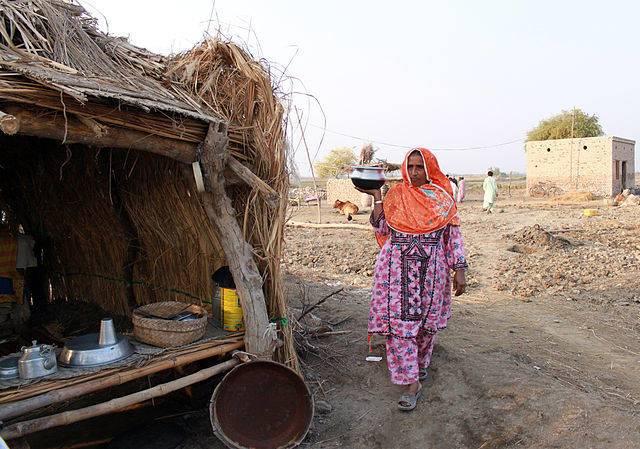
Almost 1 billion people live without adequate clean water close to home, according to the United Nations, which created World Water Day in recognition of that challenge.
For the world’s poorest, obtaining a glass of clean water to drink or cook with can take monumental effort. Lack of infrastructure and far-flung water sources create vast inequities for remote and impoverished communities.
The regional numbers are staggering: Some 319 million individuals in sub-Saharan Africa, an area often challenged by drought and extreme poverty, do not have access to safe drinking water, according to the World Water Council, the international body behind the World Water Forum.
Another 50 million in Latin America also live without reliable sources of clean water, many in communities that also face formidable geographic challenges. A further 554 million in Asia also lack access, says the Council.
If the world is to reduce child mortality and improve health opportunities for everyone, all of these communities must have access to clean, accessible water, says World Water Council President Benedito Braga.
“There is an absolute necessity to increase water security in order to overcome the challenges brought on by climate change and human influence," said Braga, who pointed out that ensuring access to clean water is both a Global Sustainable Development Goal and essential to improve communities’ ability to with stand climate change.
“[One] out of five children under the age of 5 die prematurely each year from water-related diseases, and nearly 40 percent of the population already face water scarcity,” statistics that are most often worsened by poor sanitation and disease control. And those statistics are expected to grow if improved water security isn’t established, Braga said.
Worldwide, insufficient infrastructure and poor water security translates into lost revenue. Water insecurity costs the global economy as much as $500 billion annually, the Council says. Climate impacts have the capacity to raise that cost even further in drought- and flood-prone areas of the planet.
This year the agency is urging countries to step up their investment in infrastructure and potable water access and to regard it as an investment in social and economic development. Braga pointed out that it isn’t just access to drinking water that increases quality of life, but adequate community sanitation services as well.
Put in financial terms, Braga says the benefits are also encouraging. “For every dollar invested in water and sanitation, there is an estimated $4.30 (400 percent) return in the form of reduced health care costs for individuals and society worldwide.”
This year the World Water Day site features a list of stories that highlight changes made around the world: steps taken to increase water reuse, reductions in pollution that has increased clean water access, and games and tips on how to increase water security.
The message is also taken to heart in India, where some of the world's largest population of people struggling with water insecurity live. The Times of India publishes a list of stories about World Water Day each year. This year's list is a reminder that building water security is a global effort.
The U.N. is also encouraging nations to take steps now in advance of its 2018 World Water Forum, which is scheduled for March 18 to 23 of that year and takes place in Brasilia. The theme of “Sharing Water” will be an apt topic as nations continue to explore how to ensure comprehensive water security within their borders.
Images: Wikimedia/U.S. Air Force photo/Master Sgt. Eric Kreps
Jan Lee is a former news editor and award-winning editorial writer whose non-fiction and fiction have been published in the U.S., Canada, Mexico, the U.K. and Australia. Her articles and posts can be found on TriplePundit, JustMeans, and her blog, The Multicultural Jew, as well as other publications. She currently splits her residence between the city of Vancouver, British Columbia and the rural farmlands of Idaho.














